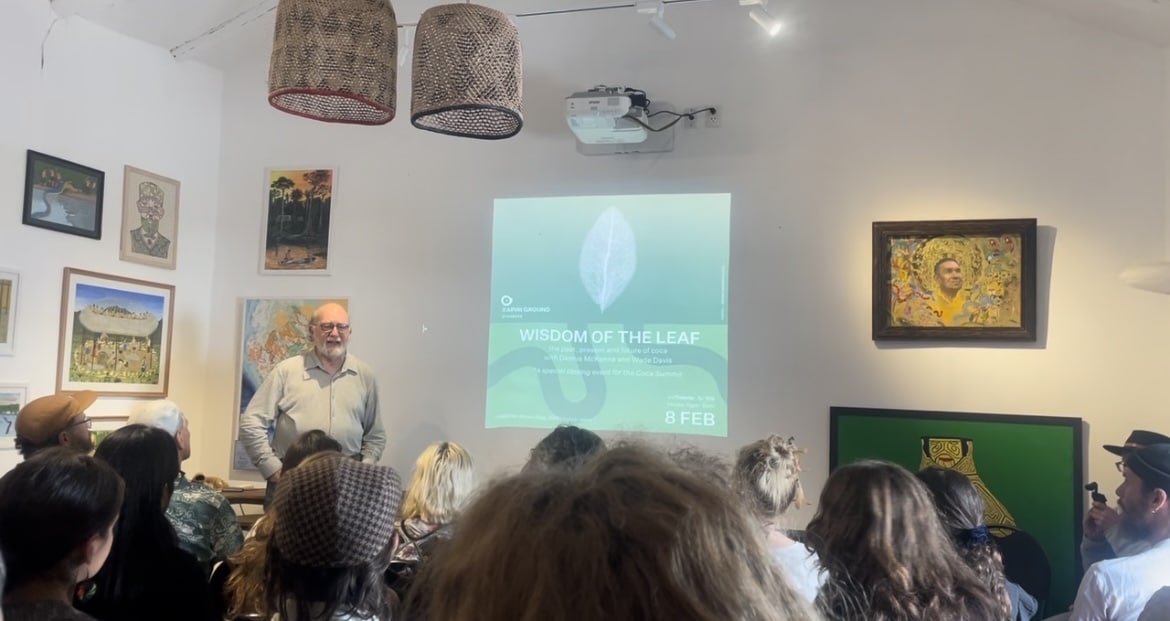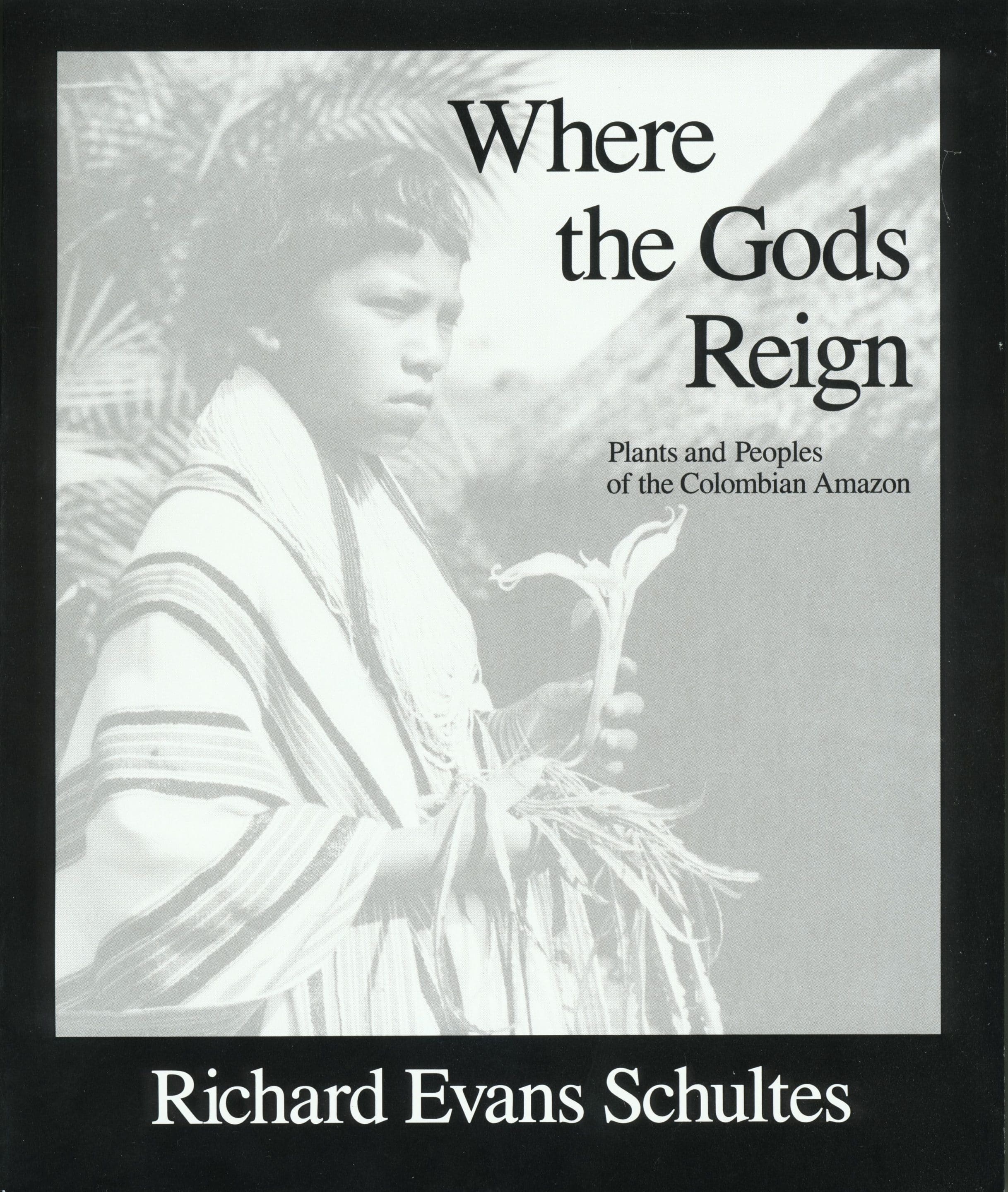
Wisdom of the Leaf: A Visionary Gathering in the Sacred Valley
Exploring Ancestral Knowledge and the future of the Coca Leaf
with Dennis McKenna, Wade Davis, and Global Thinkers at Xaipiri Grounds
Article written by Fernanda Baraybar
As the sun dipped behind the towering peaks of the Sacred Valley, a remarkable gathering took shape at Xaipiri Grounds in Cusco, Peru. On February 8th, a constellation of visionaries, activists, researchers, and storytellers came together to honor the Wisdom of the Leaf Coca Summit’s conclusion—a week of profound dialogue surrounding the future of coca and its role beyond its current uses. The evening was a celebration of knowledge, community, and ancestral wisdom, hosted in the spirit of curiosity and preservation.
Among the honored guests were Dennis McKenna, the McKenna Academy team, and the legendary ethnobotanist Wade Davis. As fate would have it, the McKenna Academy team found themselves in the very home of Synergetic Press’ marketing team, a serendipitous convergence that underscored the deep ties between our shared missions. This event was not just about the screenings—it was a meeting of minds, a rare and remarkable opportunity for thinkers and seekers to exchange ideas in an intimate and inspiring setting.


“Water is life,” they say, and in Bundelkhand, this is not a metaphor but a reality.
The evening featured a series of extraordinary documentary screenings. One film, Biognosis: Bridges to Ancestral Wisdom, a McKenna Academy project, aims to digitize and preserve a collection of 150,000 botanical specimens at the Amazonian Herbarium in Iquitos. This work safeguards the invaluable ancestral knowledge of Indigenous plant medicine for generations to come. Following the screening, a discussion with co-director Greg Hemmings and Dennis McKenna illuminated the urgency of protecting this botanical wisdom.
Another screening, Dissolution, directed by Luis Solarat, took the audience on a deeply personal journey of transformation. Solarat, a longtime collaborator with the McKenna Academy, shared his own story—leaving behind a fast-paced career in London only to find himself quarantined in the jungles of Iquitos during the COVID-19 pandemic. His film captured the essence of dissolution and rebirth, mirroring the profound transitions that so many seekers experience on their own paths of self-discovery.

Beyond the films, the event itself was a masterful weaving of perspectives and energies. Artists, healers, scientists, and storytellers from around the world filled the space, each bringing their own unique threads to the collective tapestry of the evening. Conversations flowed effortlessly—from the scientific intricacies of ethnobotany to the spiritual dimensions of plant intelligence—creating an atmosphere that felt both electric and deeply grounded.
This gathering also reflected a broader legacy of exploration and collaboration. Decades earlier, Dennis McKenna, Terence McKenna, and Wade Davis had embarked on a pioneering journey through the Amazon aboard the RV Heraclitus, a research vessel built by the Institute of Ecotechnics, Synergetic Press’ sister organization. This extraordinary ship, a floating laboratory of science and philosophy, carried these explorers into the heart of the rainforest, where they deepened their understanding of the plants and cultures that would shape their lifework. Today, this spirit of inquiry and adventure lives on through the work of Synergetic Press and the McKenna Academy, ensuring that the wisdom of the natural world continues to be shared and preserved.

As the evening at Xaipiri Grounds drew to a close, the resonance of the conversations and connections lingered in the air. This was more than just an event; it was a spark, igniting new ideas and reinforcing old bonds. The Wisdom of the Leaf gathering served as a testament to the power of coming together—to learn, to share, and to dream of a future where ancestral knowledge and scientific inquiry walk hand in hand.




















